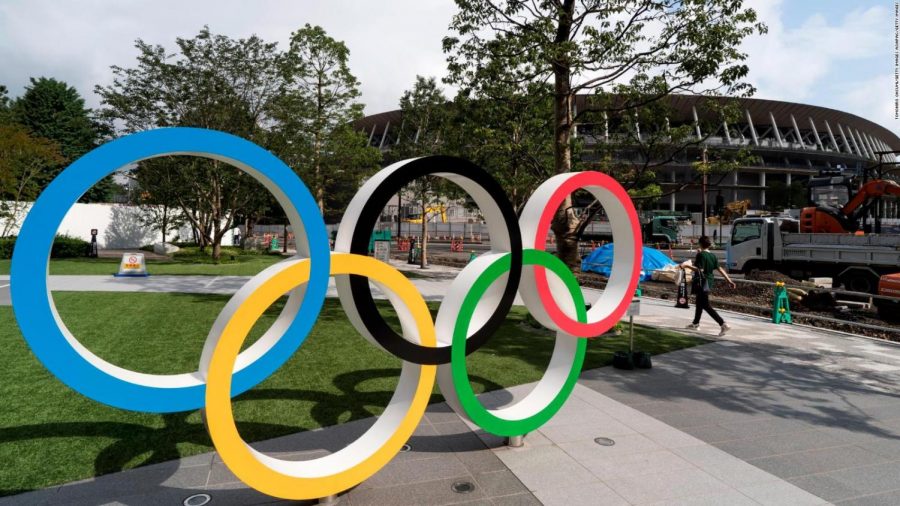Summer Olympics Obstacles
“First, we have a more important fight to win,” said the French, double Olympic judo champion regarding the widespread pandemic of COVID-19. As a result of this highly-contagious illness spreading globally at a rapid rate, the International Olympic Committee (I.O.C.) and the Tokyo 2020 Organizing Committee announced the postponement of the 2020 Summer Olympic Games on Tuesday, March 24th. The Games were originally pushed back and scheduled to commence on July 24th, but this reschedule was then pushed to a full calendar year later. This is the first-ever Olympic Games to be postponed, with the previous Games of 1916, 1940 and 1944 all being canceled due to the two World Wars.
A week before the official postponement of the event, the Prime Minister of Japan and the president of the Olympic Committee were promoting the Summer Olympic Games as something the world needed in order to become victorious over the coronavirus. However, this message was quickly met with disappointment when countries began to withdraw from the games, only committing to sending their athletes to the competition if given a year postponement period.
“Nothing is more important than the health and safety of our athletes and the world community,” said Canada’s Olympic Committee and Paralympic Committee when they announced their decision to withdraw from the games. They became the first country to do so, followed closely by Australia, Brazil and Germany. After initially declining, the U.S. Olympic Committee followed shortly after, urging the I.O.C. to postpone the Games.
Prior to rescheduling the games, the I.O.C. weighed several other options in order to possibly still hold the event at its normal time. They considered holding the Games without spectators in the arena or holding the Games for a longer period of time, possibly extending into 2022. Fortunately, the leaders of the Olympic Committee never considered fully canceling the event, so there is no doubt that there are no plans to call off the Games.
As a result of the delay, the cost of the Games will certainly increase. The venues and employees for the event will need extended contracts and not to mention, the disappointed fans and athletes attending the competition will want refunds for tickets and flights. The I.O.C. plans to discuss the financial situation moving forward.
Although this situation is not ideal for athletes, a majority of the competitors have spoken out in support of the committee’s decision.
“As an athlete, it’s heartbreaking news about the Olympics being postponed until 2021, but it’s for all the right reasons and the safety of everyone!” the 2019 World Heptathlon champion Katerina Johnson-Thompson from the United Kingdom posted to Twitter. “Waited 8 years for this, what’s another 1 in the grand scheme of things?”
“These dreams are not canceled,” said mountain bike cross-country world champion Kate Courtney, an American that is encouraging patience. “They are just on hold for a moment.”
Despite being held a year later, the event will still be called the Olympic and Paralympic Games Tokyo 2020. The I.O.C. and the Tokyo 2020 Organizing Committee are hoping the Games will take place no later than the summer of 2021. The event currently has no scheduled date to begin.


